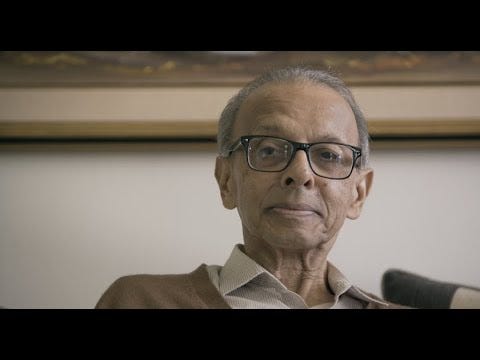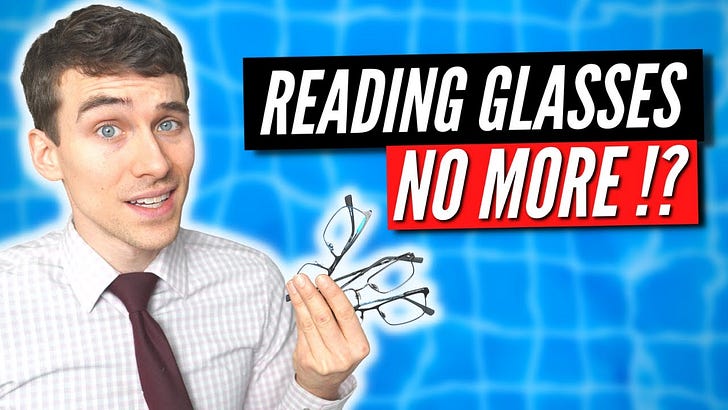MacKenzie Scott was married to Jeff Bezos.
And her divorce gave her a windfall of billions of dollars.
She's handing it out liberally to charities and organisations doing stellar public work.
Most of the time, they struggle to raise funds. So, this is clearly a gift of gigantic proportions.
An article in Bloomberg analysed the sectors to which she has provided money.
Years from now, we'll see the long-term effects.
It's like an experiment to determine if money will make a difference to lesser privileged sections and sectors that struggled to survive.
There has never been a charity spike quite like this one.
This charitable handout is breathtaking because nothing on this scale has ever been attempted. By providing money to organisations that work towards racial equality, and those that create the infrastructure for philanthropy, change is foretold.
The speed with which the money has been doled out and that they were given to organisations who had not pleaded for it is remarkable.
There are reports of the emails from her organisation lying unopened or not acted upon because the recipients thought it was spam.
In about a decade from now, this should make for an interesting case study. The effect the money had will percolate through society and hopefully, some differences should show up.
No one would have believed that a divorce would become the fulcrum around which charity would be redefined.
The social media Olympics
The Tokyo Olympics almost didn't happen.
And athletes would have found it strange to walk into massive empty stadiums after slogging for years to get to the pinnacle.
The feedback from social media was their lifeline.
Social media accounts of the Olympians registered steep increases because they documented life within the village - not normally accessible to outsiders.
And athletes got just as good at it as some of the 'influencers' have.
Most mainline media reports are about records broken and the medals tally.
But it's always the human interest stories that hold interest and get shared.
Like that of Hansle Parchment from Jamaica, who almost didn't get to compete in the 110 meters hurdles final because he boarded the wrong bus to the stadium.
Lost in the music playing on his headphones, he didn't register the instructions.
When he reached the wrong stadium, he had little hope of making it on time. Not knowing the local language or the geography.
Luckily for him, a resourceful Olympics games volunteer arranged a taxi and gave him money to get to the right one and he made it on time.
He went on to win the Gold, but the story did not end there.
He located the volunteer, paid her back and shot a selfie with her that went up on his Instagram account.
And that got picked up by mainline media - sort of a reverse flip from old times.
When journalists find stories and break them.
The 'Lilliputization' of National Geographic
The famed yellow frame has been imprinted into our minds.
We grew up flipping through its hallowed pages.
Most of the issues we picked up were on street shops and they were months or years old.
It didn't matter.
We were instantly transported to exotic lands, strange people and wildlife we could almost touch.
It was the magazine devoured in libraries and placed out of reach unless you knew librarians well.
The glossy paper and the lustre of the photos was missing in the other magazines that existed then.
It was as if Natgeo was printed and published on another planet.
A photographer who got a commission from Natgeo could talk about it for decades.
It was the ultimate professional pinnacle.
On Instagram, the main Natgeo account has over 178 million followers.
It's one of the accounts that Instagram recommends as soon as you sign up and the photos appear in your feed almost immediately.
But this is where its power gets diluted and flattened.
Shorn of the exclusive environment of the magazine that kept it on a pedestal for years, it competes with talented amateurs and product ads that cut into the feed.
Unfortunately, the days of the double spread and glossy posters mounted in living rooms are over.
It must bug the editors that a century old magazine with a treasure trove of historical material has to compete with trigger happy influencers for attention.
Every week, I'll plant a few ideas in your mind on branding, behavior and markets. Triggers for your thoughts. Spread the word to your friends. All you have to do is click the link and enter an email address.












Share this post